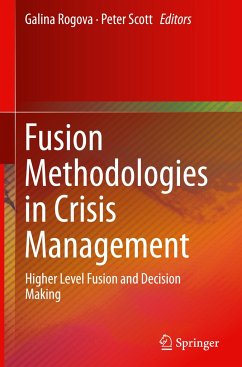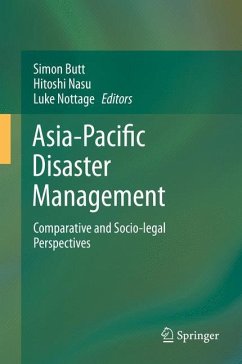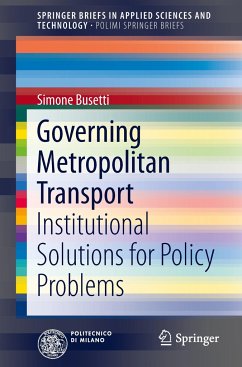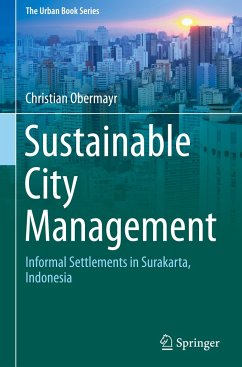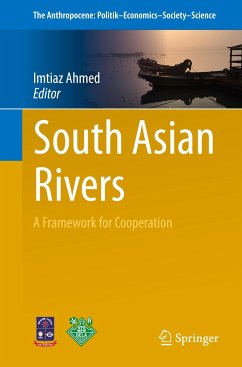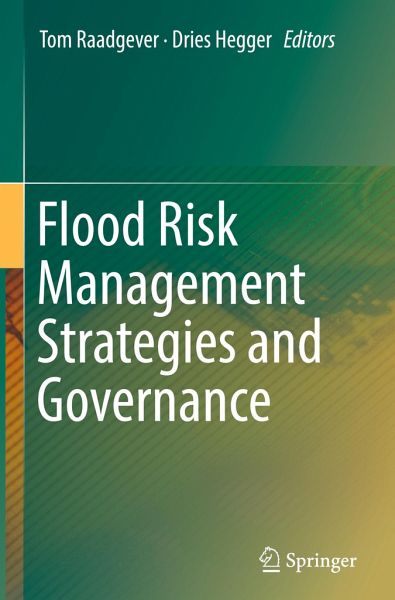
Flood Risk Management Strategies and Governance

PAYBACK Punkte
19 °P sammeln!
This book points out why organisational or governance aspects are essential for implementing a broad and integrated flood risk management approach. It provides key conclusions on resilient, efficient and legitimate flood risk governance arrangements in vulnerable urban areas in Europe. These are translated into concrete recommendations and good practices that can give you new insights and inspire you to improve policies and practices.The book is a way of spreading the results of the EU 7th Framework Project STAR-FLOOD. The project investigated strategies for dealing with flood risks in 18 vuln...
This book points out why organisational or governance aspects are essential for implementing a broad and integrated flood risk management approach. It provides key conclusions on resilient, efficient and legitimate flood risk governance arrangements in vulnerable urban areas in Europe. These are translated into concrete recommendations and good practices that can give you new insights and inspire you to improve policies and practices.
The book is a way of spreading the results of the EU 7th Framework Project STAR-FLOOD. The project investigated strategies for dealing with flood risks in 18 vulnerable urban regions in 6 European countries: England, Belgium, France, the Netherlands, Poland and Sweden. STAR-FLOOD focused on governance aspects, from a combined public administration and legal perspective.
The book is a way of spreading the results of the EU 7th Framework Project STAR-FLOOD. The project investigated strategies for dealing with flood risks in 18 vulnerable urban regions in 6 European countries: England, Belgium, France, the Netherlands, Poland and Sweden. STAR-FLOOD focused on governance aspects, from a combined public administration and legal perspective.




